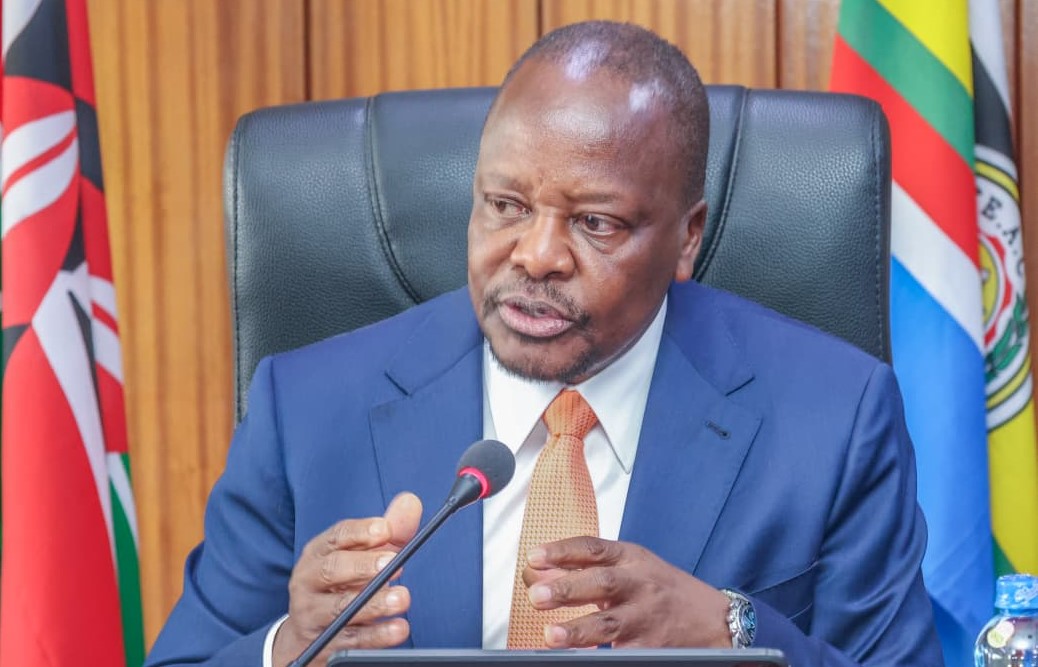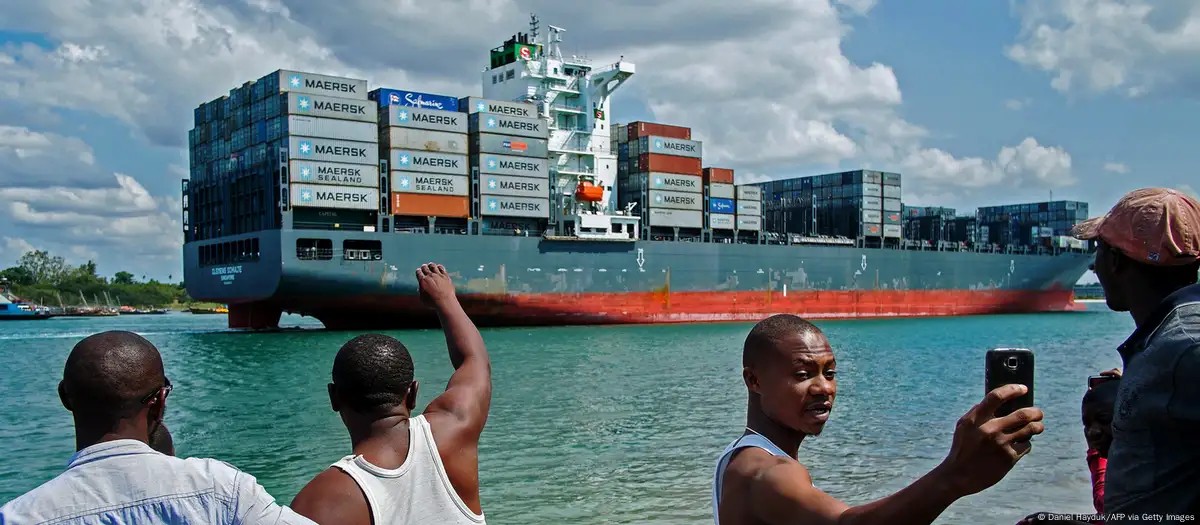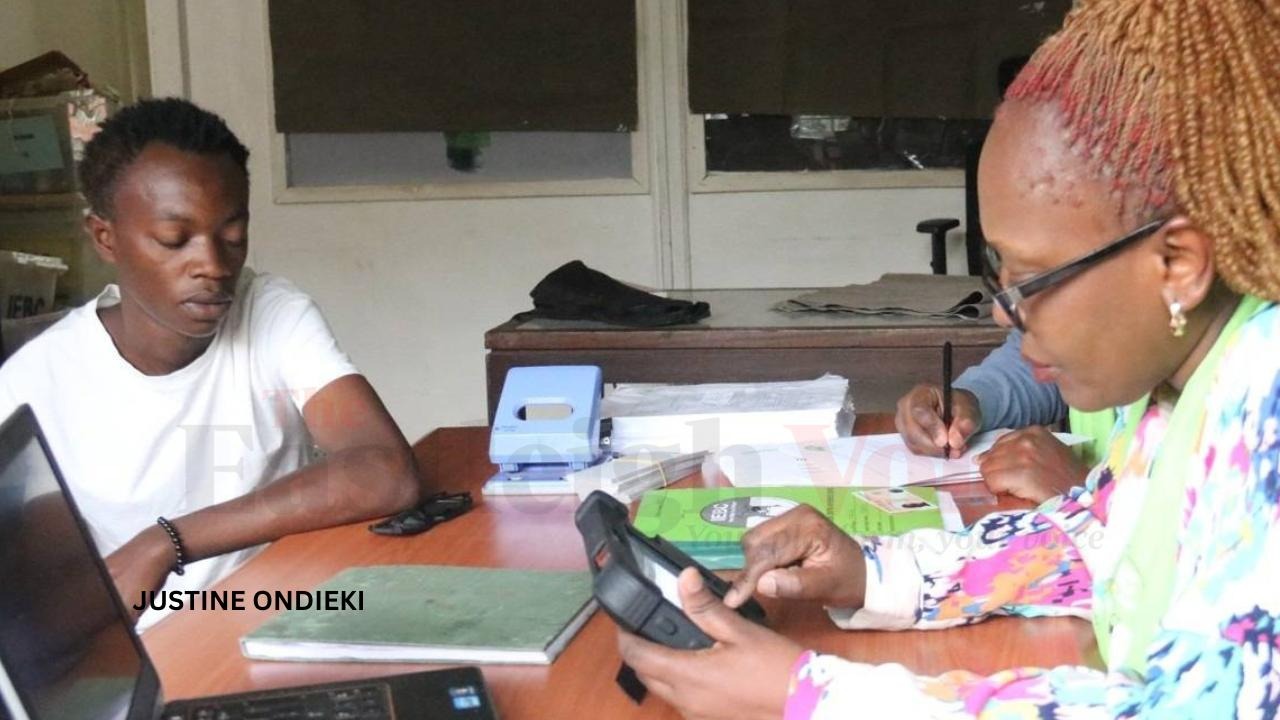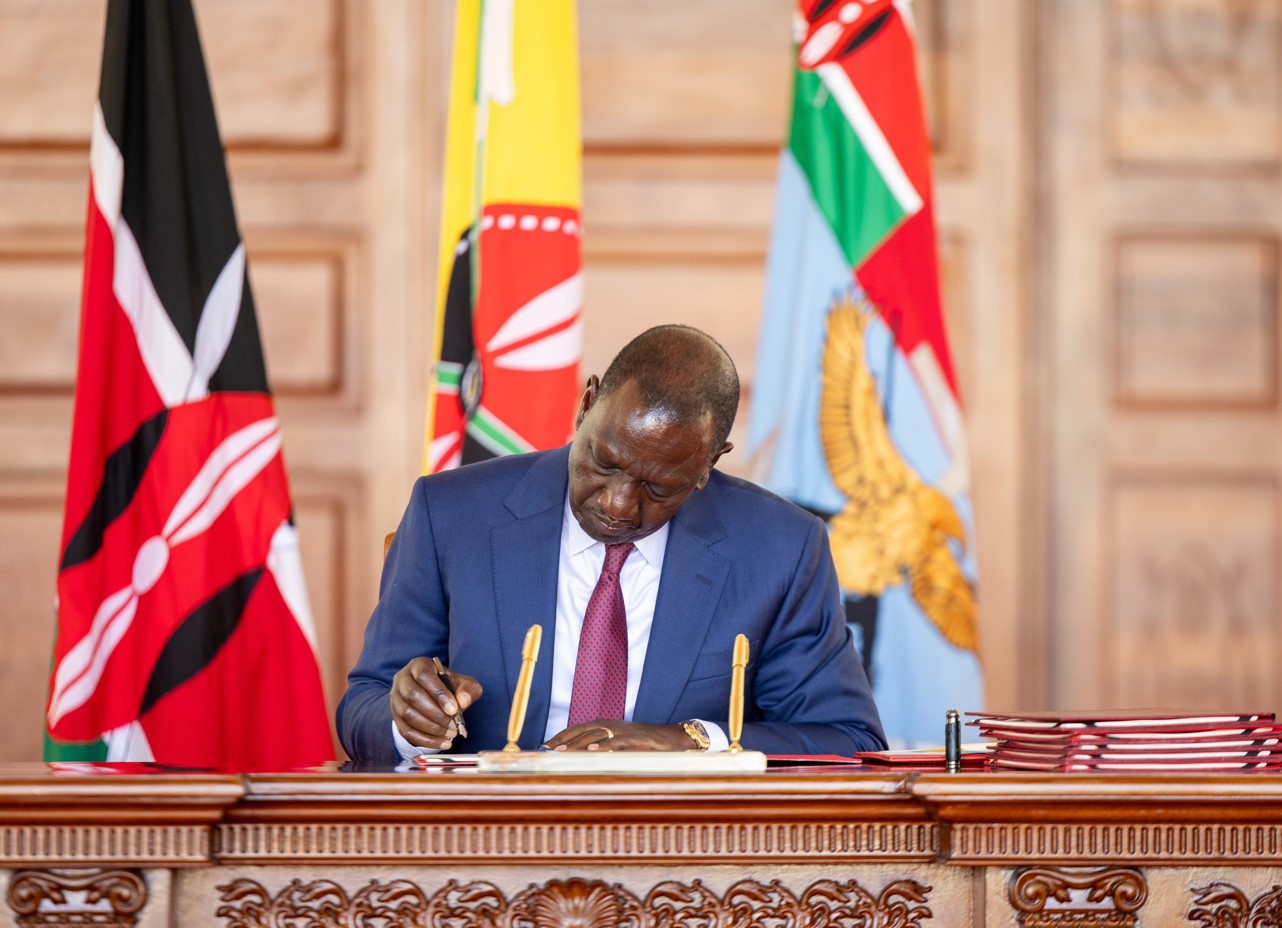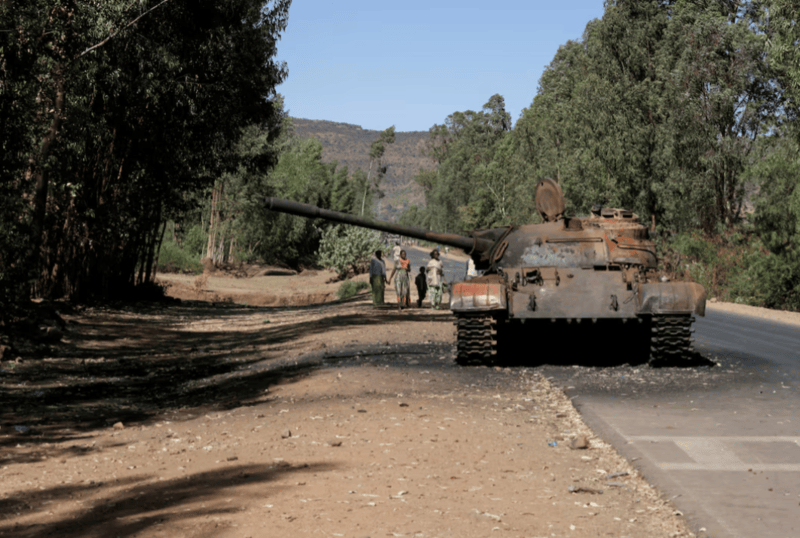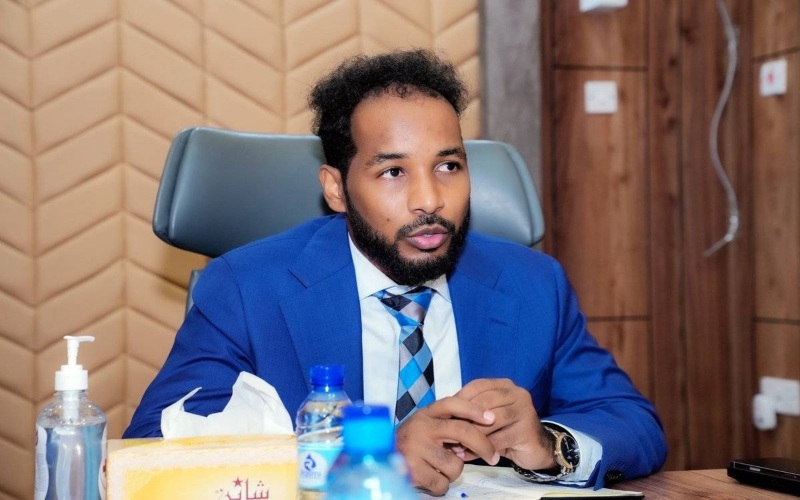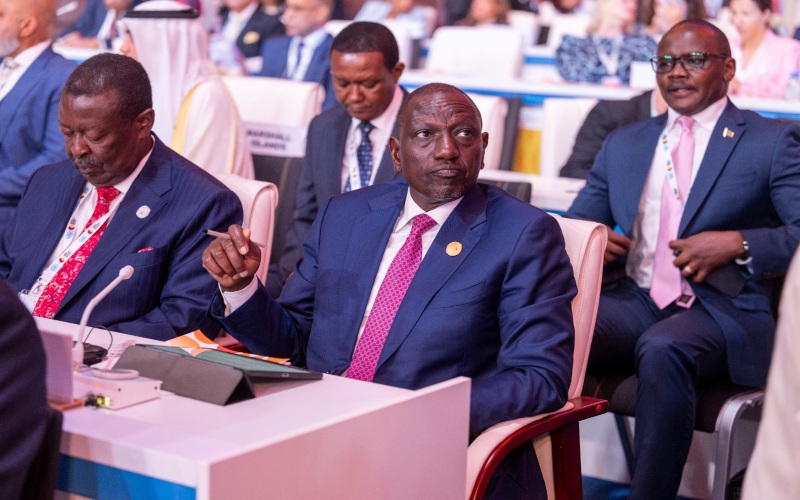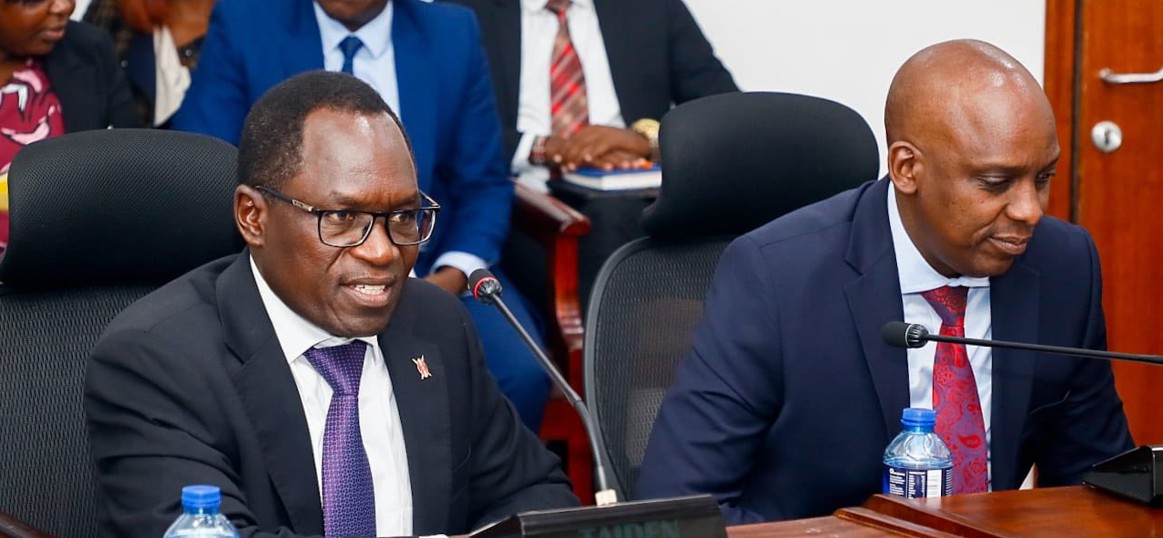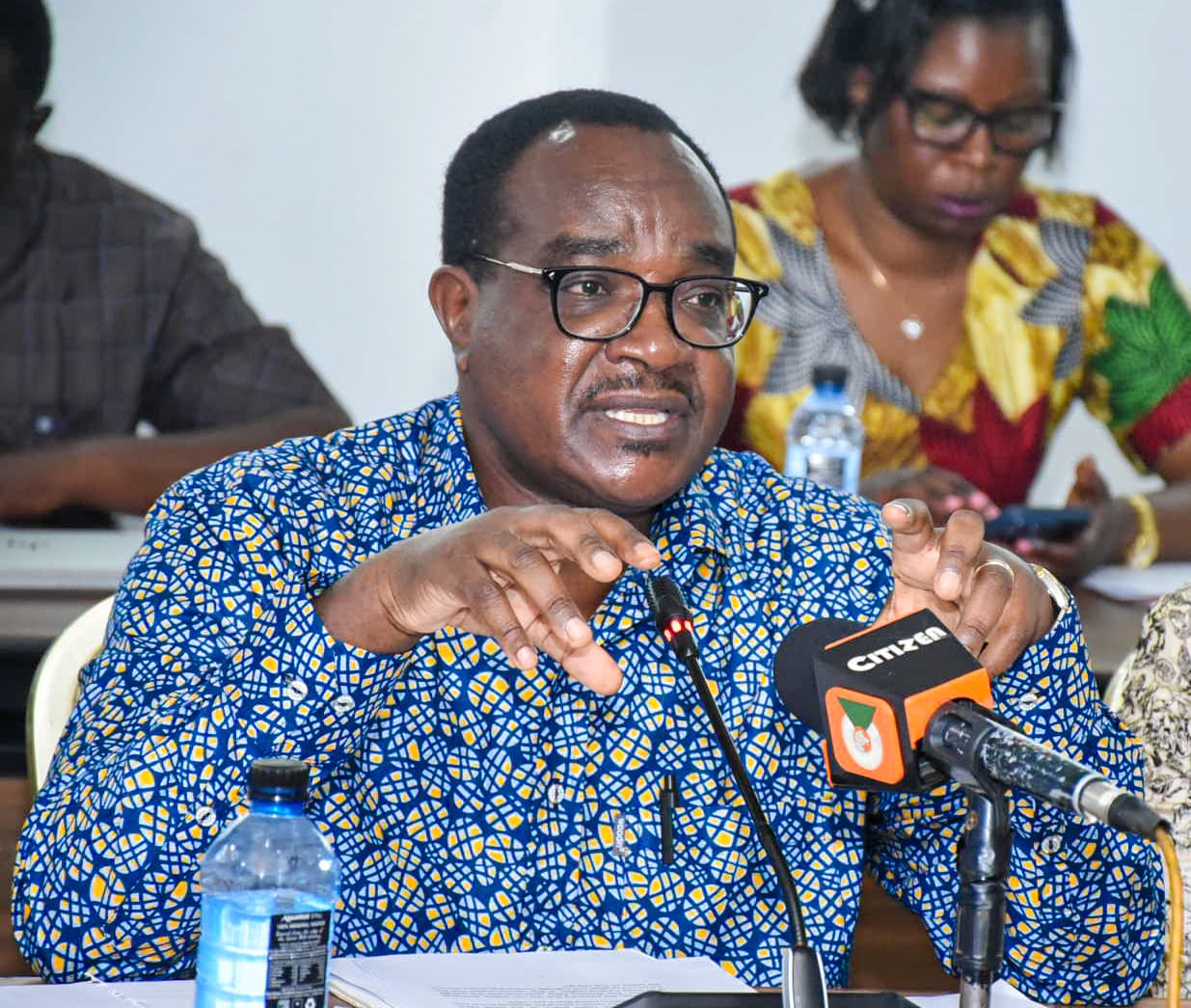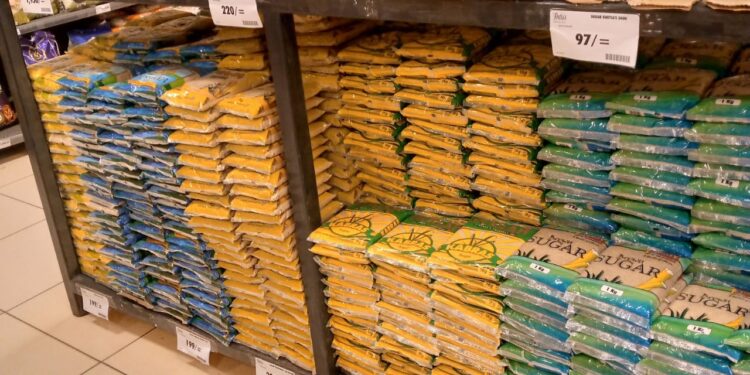World Bank urges Somalia to strengthen revenue efforts to support economic stability
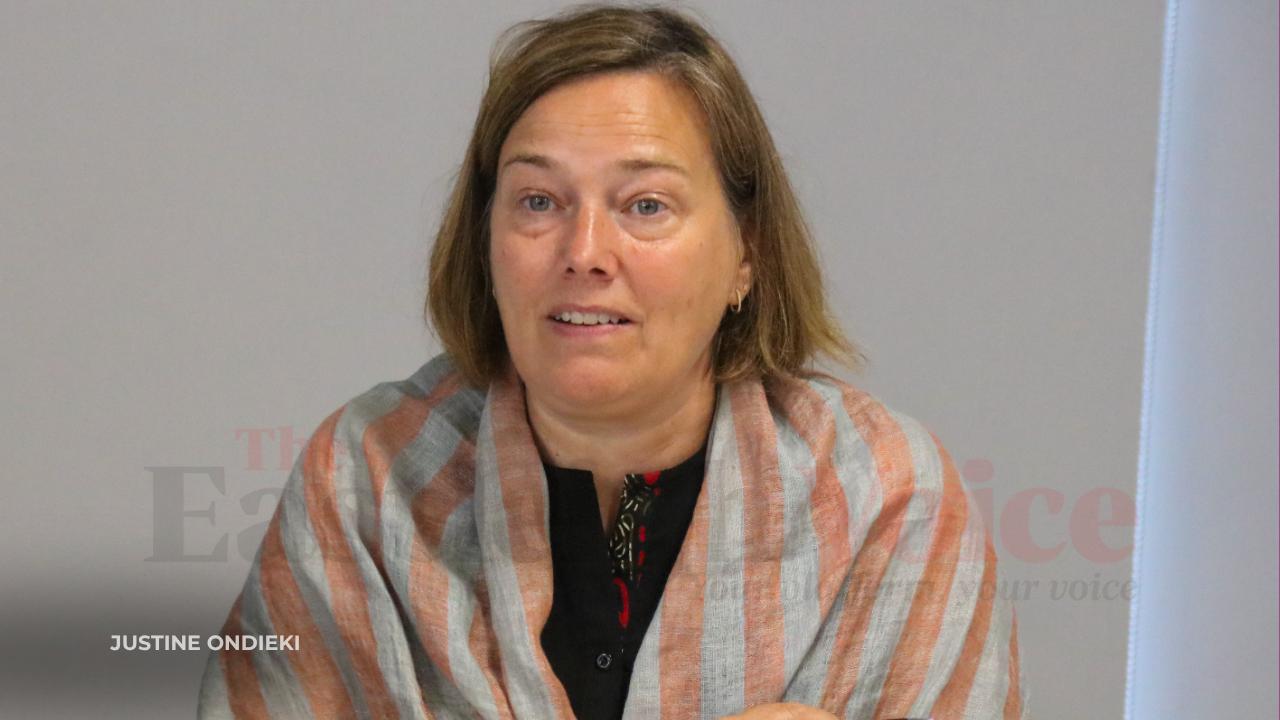
Somalia's domestic revenue, which comes second as the country's source of resources, has over the years remained low, with the World Bank now urging reforms to support sustainable public finances and a resilient private sector for development to mitigate current risks and sustain growth in the medium term.
The World Bank is urging Somalia to increase its revenue mobilisation efforts to sustain a positive growth outlook this year.
This, according to the World Bank's Economic Update on Somalia (2025), will help the country cushion itself against a projected decline in economic growth likely to be caused by increasing aid uncertainty.
More To Read
- Somalia's senior Olympic Committee officials suspended over alleged misconduct
- Kenya among nine nations leading regional push to strengthen health systems against climate change
- How doctors offering free healthcare services are bringing hope to mothers in Somalia’s Mudug region
- Kenya ranked 10th in Africa’s most attractive investment destinations
- IMF questions Kenya’s exchange rate policy amid new funding negotiations
- Report paints Africa’s grim reality on poverty, inequality reduction
Somalia's economy has, over the years, been heavily reliant on external assistance, which has reduced in recent months.
Domestic revenue, which comes second as the country's source of resources, has over the years remained low, with the World Bank now urging reforms to support sustainable public finances and a resilient private sector for development to mitigate current risks and sustain growth in the medium term.
The update released earlier this afternoon shows that this year's declining foreign aid and high uncertainty about the magnitude of the same in the future have dampened the growth outlook, hence the need for policies that allow for increased domestic revenue collection.
Currently, this revenue largely caters to administrative costs, wages and security, leaving other public services largely underfunded.
 From left: Alma Nurshaikhova, Abdoulaye Onechaogo, Stella Ilieva and Kristina Svensson during the Somalia Economic Update in Nairobi on June 30, 2025. (Photo: Justine Ondieki)
From left: Alma Nurshaikhova, Abdoulaye Onechaogo, Stella Ilieva and Kristina Svensson during the Somalia Economic Update in Nairobi on June 30, 2025. (Photo: Justine Ondieki)
Last year, the country's economy continued its overall strong performance, sustaining a 4.0 per cent growth that was supported by improved performance in agriculture, enhanced private consumption reinforced by sustained growth in remittances, and declining commodity prices.
The report shows that this year, the growth rate suffered a slight decline from 4.2 last year to 4.1 this year.
It adds that real GDP growth is expected to stay between 3 and 4 per cent over the medium term.
This will be however, be threatened by a number of vulnerabilities such as political challenges and security threats.
Amongst the political risks are the upcoming elections, security transitions, and the ongoing political dialogue, all of which are projected to have a negative impact on the economy in the event they fail to succeed.
WB economists therefore urged that sustained reform efforts are key to promote economic resilience and job creation, with a particular focus in the near term on more sustainable public finances and resilient private sector development in line with Somalia's National Transformation Plan (NTP) 2025-29 and the Centennial Vision 2060.
"The World Bank is reiterating its commitment to support Somalia in its development journey going forward," said Ms Kristina Svensson, the World Bank Country Manager for Somalia.
For that to be achieved, however, she called on Somalia to continue building its economic institutions and improving its capacity to navigate the complexities of its socio-economic landscape and support its sustained growth.
"Somalia needs to double its efforts to strengthen its domestic revenue mobilisation and lay the foundations for a more resilient and self-sufficient state," she urged.
 From left: Abdoulaye Onechaogo and Stella Ilieva during the Somalia Economic Update in Nairobi on June 30, 2025. (Photo: Justine Ondieki)
From left: Abdoulaye Onechaogo and Stella Ilieva during the Somalia Economic Update in Nairobi on June 30, 2025. (Photo: Justine Ondieki)
The report stresses that the journey toward stability and growth now hinges significantly on its domestic revenue mobilisation capacity.
By strengthening its ability to generate its own resources, the report shows Somalia can build stronger human capital, ensure security and justice, and develop a robust state infrastructure, enhancing the social contract that paves the way to sustained economic growth and reduced fragility.
"Recent revenue mobilisation efforts show promising results, but the domestic revenue to GDP ratio remains one of the lowest in the world. The largest gains in revenue mobilisation are expected to come from expanding the tax base and deepening customs reforms," said Abdoulaye Ouedraogo, the World Bank Country Economist for Somalia.
For instance, the report recommends that the country expand its tax base through ways such as the implementation of the Income Tax Law and sales tax across the Federation, among others.
"Customs reforms can also assist this and should target ways to do this, such as aligning customs legislation with the East African Community protocols and expanding digitalisation efforts," the report adds.
The Somalia Economic Update (SEU) assesses key economic developments, including recent macroeconomic and poverty trends, and evaluates the risks, opportunities, and policy prospects for medium-term growth.
Top Stories Today
